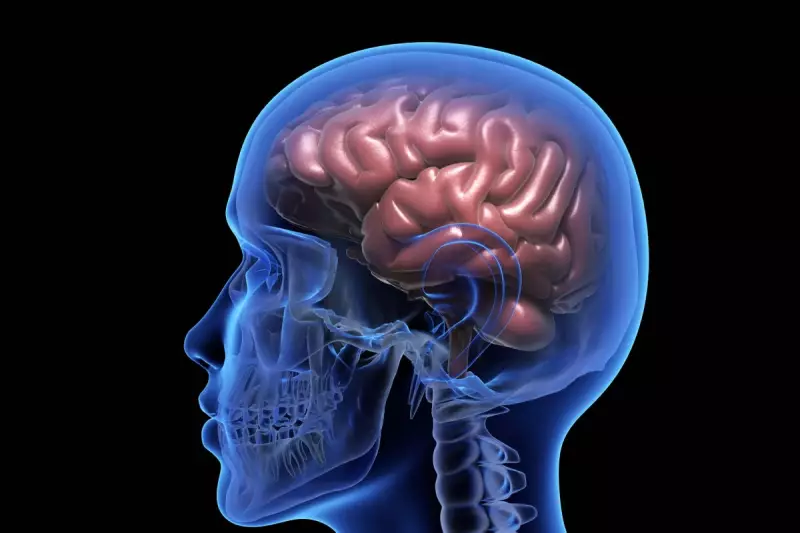
In what could be a major breakthrough for dementia prevention, new research suggests that regularly engaging in simple brain training computer games might significantly reduce the risk of developing this devastating condition.
The Groundbreaking Study
A comprehensive study involving healthy adults aged 50 and above has revealed startling results about the power of cognitive exercises. Participants who engaged in specific computer-based brain training showed remarkable long-term benefits to their cognitive health.
Key Findings That Could Change Prevention Strategies
The research demonstrated that individuals who regularly challenged their brains with targeted computer games experienced:
- Reduced dementia risk by nearly 30% over a 10-year period
- Improved processing speed and reaction times
- Better memory retention and cognitive function
- Long-lasting protective effects that persisted years after the training ended
How Brain Training Works
Unlike casual gaming, these specifically designed exercises target fundamental cognitive processes. The most effective games focus on improving processing speed – how quickly and accurately our brains interpret and respond to information.
"This isn't about playing any random game," explains the research team. "The key is engaging in activities that systematically challenge specific cognitive functions, particularly those that tend to decline with age."
A New Approach to Brain Health
What makes this research particularly exciting is the accessibility of the solution. The brain training involved doesn't require expensive equipment or complicated programs – simple computer games available to most people could provide significant protective benefits.
Why This Matters for Public Health
With dementia cases projected to rise dramatically in coming decades, finding effective prevention strategies has become increasingly urgent. This research offers a potentially scalable, cost-effective approach that individuals can incorporate into their daily routines.
The implications are enormous: regular brain training could become as fundamental to healthy aging as physical exercise and proper nutrition.
Looking Ahead
While researchers caution that more studies are needed, these findings open exciting new possibilities for dementia prevention. The study adds to growing evidence that actively maintaining cognitive health through mental exercise can have profound long-term benefits.
As one researcher noted, "We're discovering that keeping our brains active and challenged might be one of the most powerful tools we have against cognitive decline."





